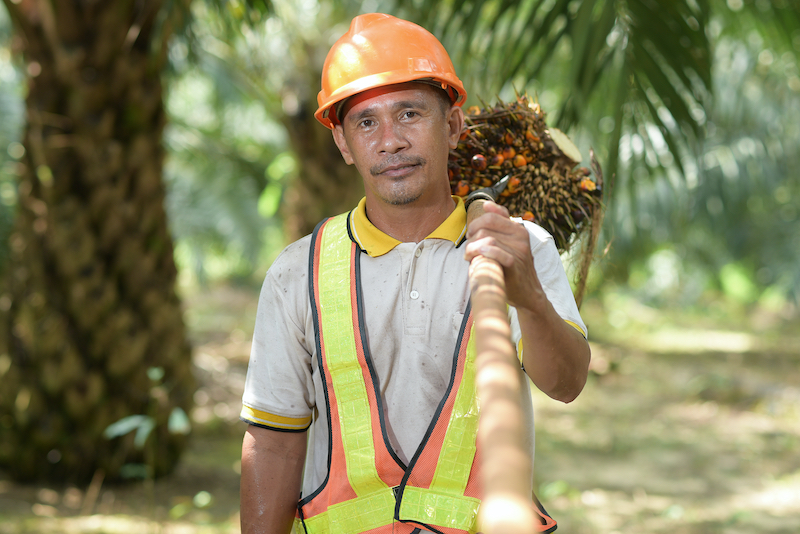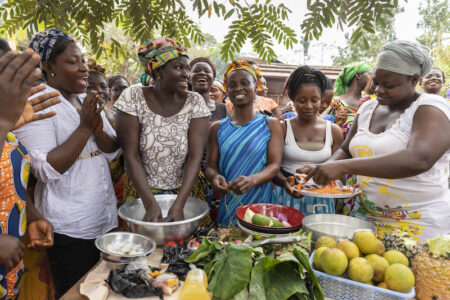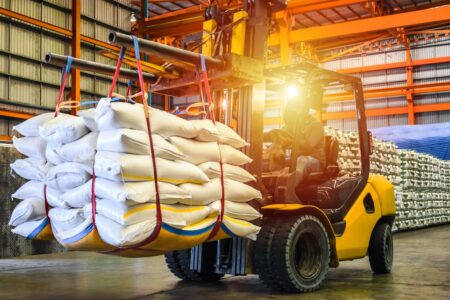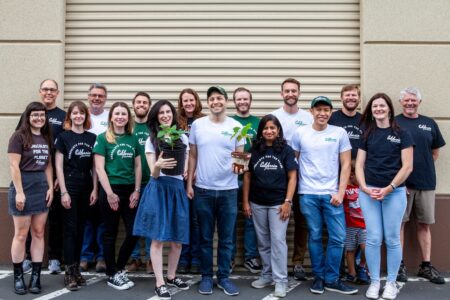Cargill partners with Solidaridad for major multinational palm oil and soy farmer support venture

pic: Shutterstock
Cargill has joined with civil society group Solidaridad for a joint $4.6 million initiative across five countries to improve palm oil and soy farmer livelihoods, increase climate-friendly farming practices, and improve land conservation, writes Neill Barston.
According to the US-headquartered business, which is set to play a key role in our World Confectionery Conference this week on 5 October, the three-year project is anticipated to deliver an elevated benchmark for collaboration across the two organisations, reaching around 3,400 farmers in Latin America and Asia.
The work for the palm and soy sectors, follows Cargill’s ongoing programmes across the agricultural sector, including its Cocoa Promise programme designed to offer support for farmers within the cocoa farming sector, which continues to face significant challenges with deforestation and child labour, which the wider sector is continuing to address. As industry observers have noted, the upcoming introduction of EU supply chain legislation is anticipated to have a strong positive impact on supply chains within the industry, with legal frameworks set to replace existing voluntary schemes that have lacked common enforceable standards for the cocoa and chocolate sector.
As Cargill noted, its initial soy and palm oil program will include producers of soybeans and palm oil across five countries, including Argentina, Bolivia, Colombia, Malaysia and Paraguay. The work focuses on three thematic areas: climate, land use, and farmer livelihoods. Interventions will include training in good agricultural practices, support for farmers to achieve sustainability certifications, improved productivity and market access, and responsible land and water use.
“At Cargill we are committed to engaging with farmers around the world to transform agriculture supply chains to be more sustainable and inclusive. With partners like Solidaridad, we can continue to make this a reality. This new program will enable us to support more farmers and farming communities in adopting sustainable practices and build up their farming businesses,” said Taryn Davis, Strategic Partnerships & Stakeholder Engagement at Cargill. “We are excited about this new phase of work and the transformative power of partnership.”
Significantly, Cargill and Solidaridad have worked together for over a decade at a regional and local level to advance sustainable practices and partner with farmers to improve livelihoods while conserving natural resources. This new global partnership will be rooted in common goals across all regions, allowing more resources to be dedicated to program work with farmers.
“Given our years of work together on various projects, this partnership is a strategic shift that will align our efforts and apply learnings to spread impact wider,” said Michaelyn Baur, Managing Director of Solidaridad North America.
Beyond the primary goals of the partnership, Solidaridad and Cargill aim to improve farmers’ position in the market with training on agricultural and sustainability practices. As the joint venture described, the partnership will apply innovative approaches that can help farmers reduce carbon emissions and apply regenerative practices that will enable farmers to access high-value carbon markets. This leverages the expertise of both parties to help farmers build greater resiliency and access this growing market.
As the initiative noted, the increasing demand for farmer data presents complex challenges around data privacy, security, and ethics. Most farmers have limited access to and understanding of how to benefit from their own data. Empowering farmers to benefit from data sharing and retain control over their information is critical for full digital inclusion.
Moreover, Cargill noted that the global food system begins on the farm, so through ensuring that farmers have what they need to succeed and produce in a sustainable manner, this latest partnership contributes to responsible and safe supply chains.



